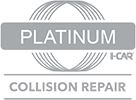Posted on 5/31/2023
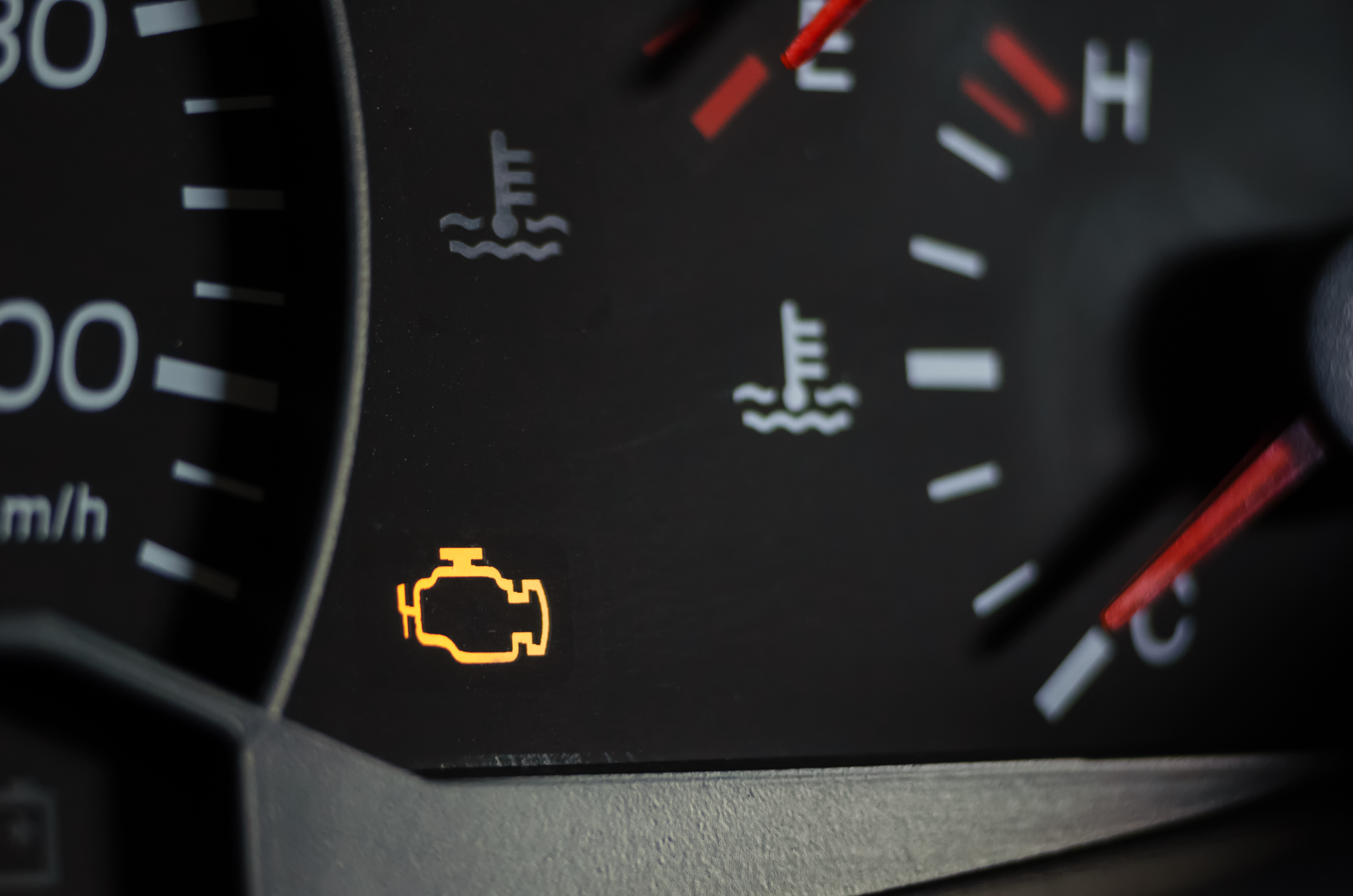
Owning a car comes with the responsibility of proper maintenance to ensure its longevity and performance. While there are several maintenance mistakes you can make, there is one in particular that stands out as the #1 culprit behind car damage. In this blog, we will uncover this common mistake and provide you with valuable insights on how to avoid it. By steering clear of this mistake, you can protect your car, save money on repairs, and extend its lifespan significantly. The Mistake: Neglecting Regular Oil ChangesThe #1 maintenance mistake that can wreak havoc on your car is neglecting to change the engine oilregularly. Engine oil plays a crucial role in lubricating the engine's internal components, reducing friction, and preventing excessive wear and tear. Over time, the oil becomes contaminated with dirt, debris, and other harmful particles, losing its effectiveness and ability to protect the engine. How to A ... read more
Posted on 4/29/2023
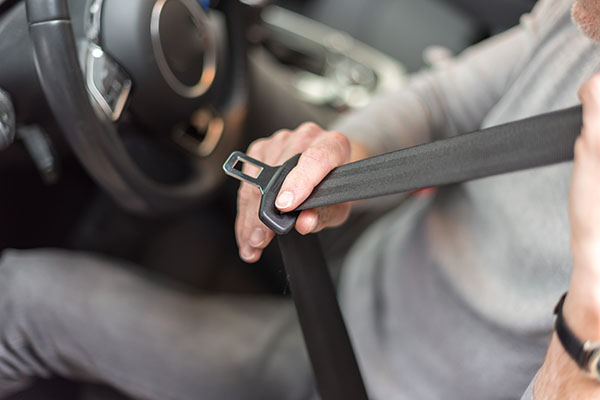
Road safety is one of the priorities every driver has because no one wants to be in an accident. This means that you have to be careful what you do on the road. To assist you, we have made a short list of a couple of tips to improve your safety while driving. 1. Keep A Proper Posture Keeping a proper posture doesn't only mean standing up straight. It also means that the seat and steering wheel should be properly adjusted. If you want to adjust your seat to the proper distance from the steering wheel, simply grab the steering wheel and adjust it so you have a slight bend in your elbows. And for the steering wheel, adjust it to your liking and comfort preferences. 2. Check The Tires Regularly Tires, tires, tires! They really are that important. Make sure your tires are properly aligned, balanced and are the right type for the weather. The reason they are so important is because they are the only part of the car that makes contact with the road ... read more
Posted on 3/27/2023
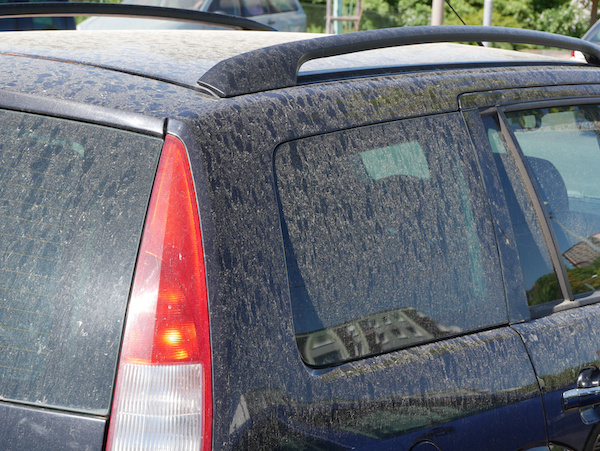
Spring is a wonderful time of year, but it can also be extra rough on your car. Pollen, tree sap, and other contaminants can do a number on your vehicle's exterior and even impact its performance. Here are some tips to keep your vehicle protected inside and out this spring! Tip #1: Wash Your Car Regularly One of the best ways to protect your car from pollen and other contaminants is to wash it regularly. Use a high-quality car wash soap and a soft sponge or wash mitt to gently remove dirt and grime. Make sure to rinse your car thoroughly with clean water and dry it with a chamois or microfiber towel. Tip #2: Wax Your Car Waxing your car can help protect its paint from UV rays, pollen, and other contaminants. Apply high-quality car wax to your vehicle's exterior, following the manufacturer's instructions. A good wax job can last several months, but you may need to reapply it more frequently if you live in an area with high pollution or a ... read more
Posted on 2/27/2023
.jpeg)
Power steering is an essential feature that has made driving more comfortable and effortless over the years. Power steering systems are found in most modern cars, but not all vehicles have power steering fluid. Here's a closer look at power steering fluid and why some cars do not have it. Power steering fluid is a hydraulic fluid that carries power from the steering wheel to the steering mechanism in a vehicle. The hydraulic pressure generated by the power steering fluid makes it easier to turn the wheels, especially at low speeds or when parking. Without power steering fluid, turning the wheels would require more effort from the driver, which could cause fatigue and even injury. Most cars manufactured after the 1970s come with power steering as standard equipment. Cars that do have power steering systems typically require power steering fluid to keep the system running smoothly. Power steering fluid is typically red or pink in color and is located in a reservoir under the hood o ... read more
Posted on 1/30/2023
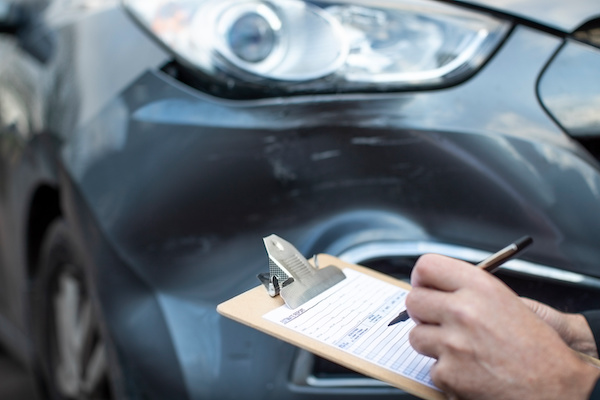
According to the National Highway Traffic Safety Administration, up to 6 million car accidents happen in the US annually. Being in a car accident is one of the scariest and most frustrating experiences, whether a minor bender or a severe accident. Then comes the injuries, pain, confusion, and damage. It might be quite hard for you to think logically at the moment. It is, therefore, crucial that you educate yourself on what to do in advance. After all, accidents can happen anytime, even with the most careful driver. Breath and Determine if Anyone is Hurt After an accident, the most important thing is to breathe and connect your mind with your body. Scan your body and those of your passengers for potential body injuries, paying attention to where you might feel some pain or discomfort. Remember never to leave the accident scene, no matter how minor it might appear. Get Your Vehicle off the Road If it was a minor accident, you are not hurt, and the vehicle is still operational, consi ... read more
Posted on 12/29/2022
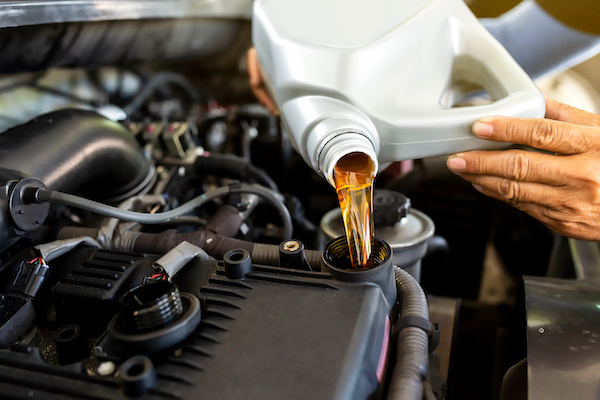
Many motorists frequently just adhere to their owner's handbook up to the time that their dealer warranty expires. Once your warranty has expired, it's simple to forget about things like monthly belt checks and oil changes. Your car's manufacturer has specified their "factor suggested maintenance" in the owner's manual because they are aware that regular maintenance will increase your car's ease of use and life span. What necessary routine maintenance must be performed in order for your warranty to remain valid is also specified in your owner's handbook. Reasons To Regularly Maintain Your Car Improved mileage Long-term improvements in your car's fuel economy can be achieved with routine maintenance like oil changes and tire rotations. Your gas mileage can be improved by constantly keeping your tire pressure at factory recommended levels. By guaranteeing that your engine is in good condition and that your tires are worn evenly, regular maintenan ... read more
Posted on 11/21/2022
.jpeg)
Many of us will be hitting the roads in the upcoming weeks for holiday travel, which means driving requires more of your attention than ever. With the weather dropping below freezing in many parts of the country, bad weather, less daylight, and of course the holiday stress, the holidays can be challenging for some of us to navigate. With that in mind, we’d like to share several of these driving tips to keep you and your family safer on the roads: Practice defensive driving - Of course, the best way to maximize safety is to drive defensively. That means be alert and keep your eyes on the road. You should scan your vehicle’s surroundings to catch obstacles early on. Be well rested - Many adults lack sleep during the busy holiday season, making driving with drowsiness a major problem. If you have a long trip ahead, make sure to get a good night’s rest before. Take breaks and split up driving time with another fellow passenger to stay alert. Check forecasts - Win ... read more
Posted on 10/29/2022
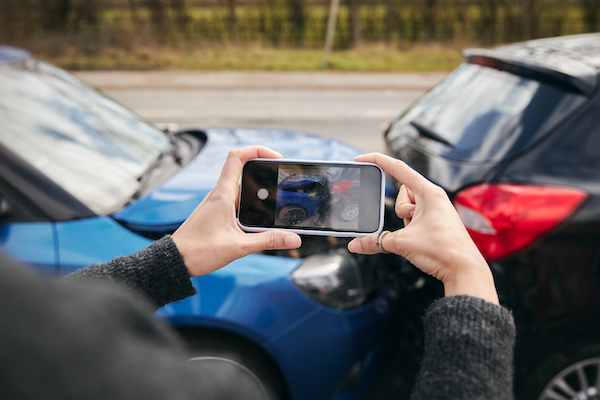
It's every driver's worst nightmare to get into a car accident. But what steps should you take to ensure the safety of yourself and others involved and protect your vehicle from further damage? This blog post will discuss the steps you need to take to handle the aftermath of a car accident. Check for injuries and secure the area. The first and most crucial step is to check for any injuries, both yourself and those involved in the accident. Call 911 immediately if you or anyone is injured. Pull over and turn on your hazard lights if the vehicles are still operational. Call the police Why call the police even if it seems like a minor fender bender? The police are responsible for filling out an official accident report, which will be necessary for insurance purposes and any potential legal issues. Collect information. Once the scene is secure, and the authorities notified, it's essential to gather information from those involved in the accident. This information includ ... read more
Posted on 9/28/2022

The check engine light is a bright light on your dashboard that you can’t miss. Many drivers make the mistake of ignoring or waiting too long to repair this yellow or orange warning signal. The warning symbol can indicate a minor problem, but it can also symbolize grave danger concerning your engine. And we can promise you that engine repairs are costly enough to make your head spin. It can be difficult to accurately diagnose a check engine light without the right tools and expertise. At our shop, we can pinpoint the problem using the latest scan tools. Our experienced technicians can then use the trouble code to dig deeper into the problem. Your car motor has many sensors that relay information to the onboard computer. When it detects a missing, damaged, or malfunctioning component, your check engine light will illuminate or flash. It can tell anything from a loose fuel cap to a clogged catalytic converter. Here are some of the most c ... read more
Posted on 8/29/2022
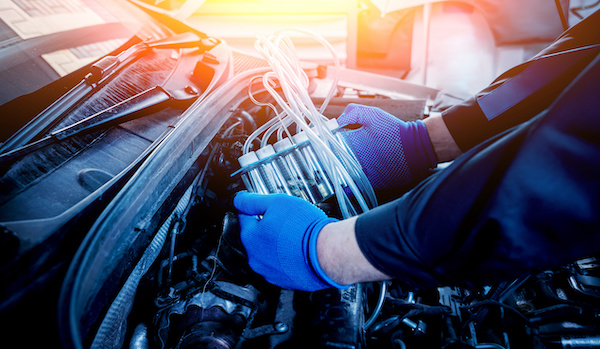
A clean fuel system goes hand-in-hand with a healthy and good-performing engine. You need fuel to accelerate and run. Therefore, the cleaner your fuel system, the more efficiently your engine will burn fuel. That means more power and higher fuel economy: a win-win for you. After many years of being on the road, your car will collect some dirt and debris in the fuel tank. Fortunately, this stuff gets sifted out of the fuel before it moves through your engine. But, what happens when the fuel filter is clogged too? The contaminants will get to the fuel injectors and eventually the cylinders. If your fuel system is dirty, you could experience major problems with the combustion process. So that is why the experts at International Sport Motors recommend regular fuel system cleanings. We recommend referring to your owner’s manual or ask your service advisor to determine when you might need this done. A professional fuel system cleaning at Internati ... read more

